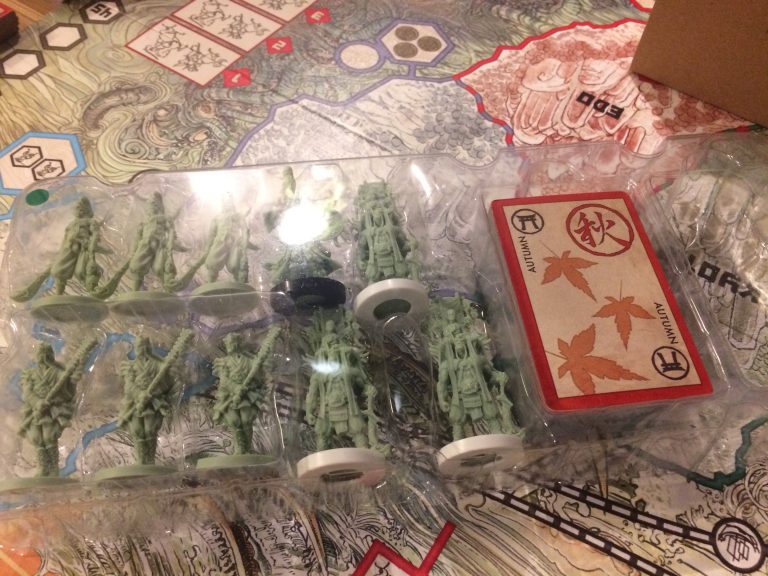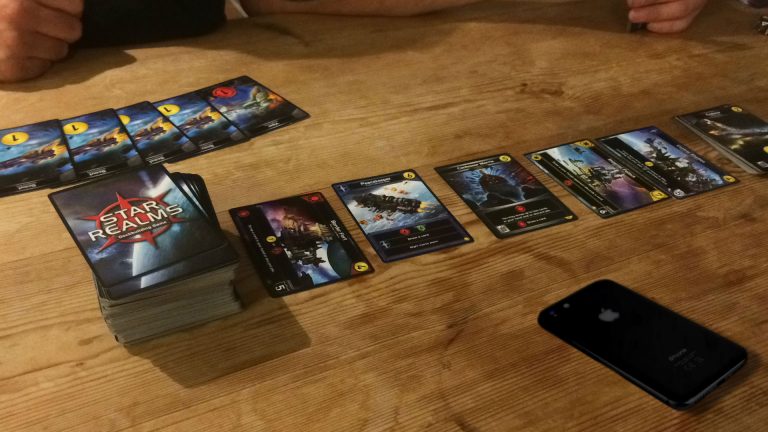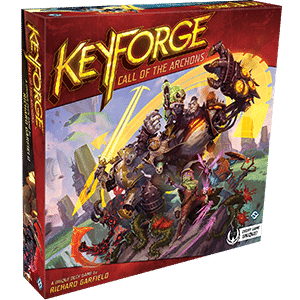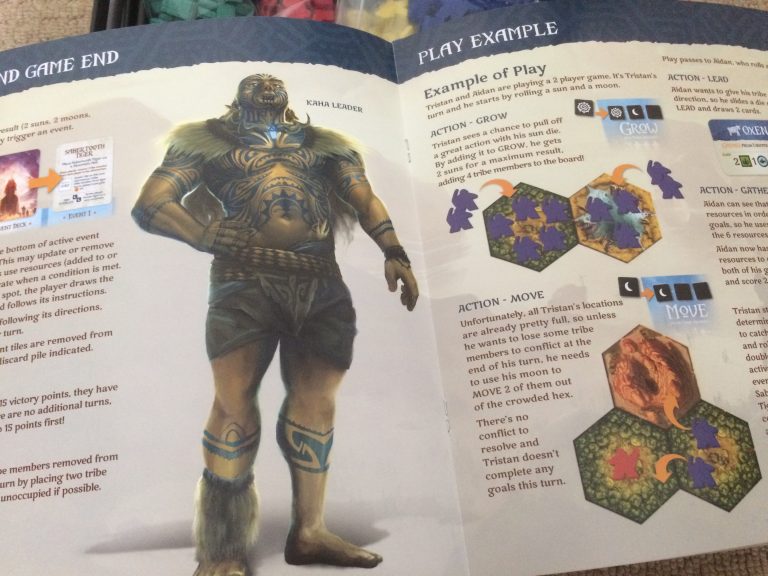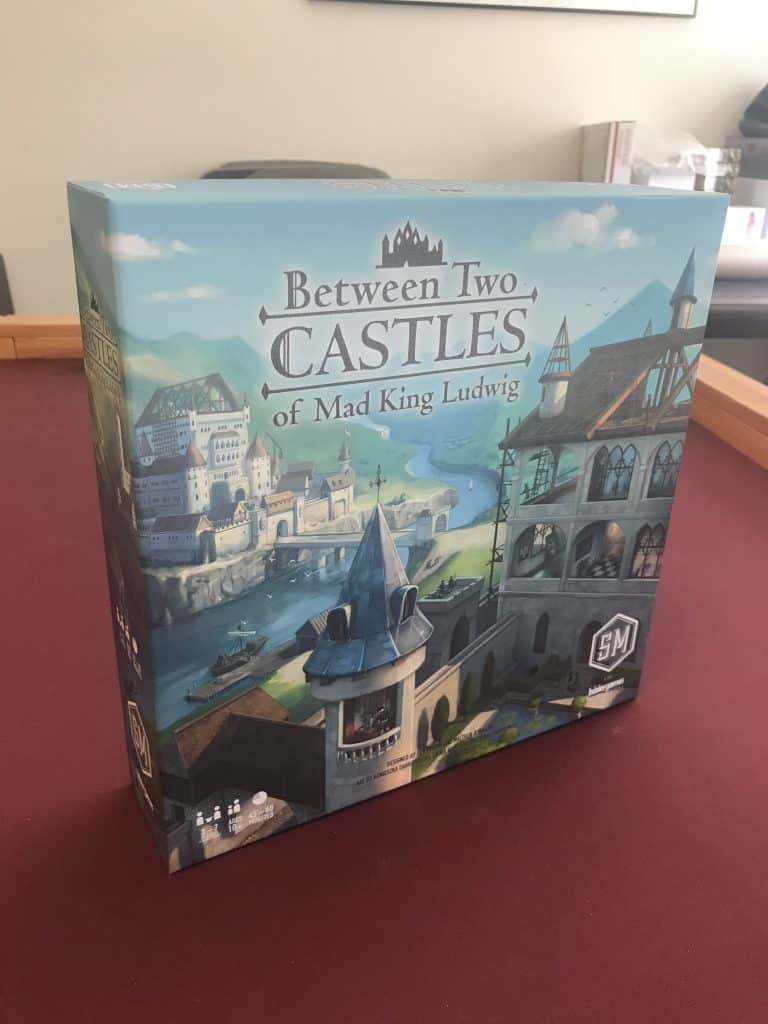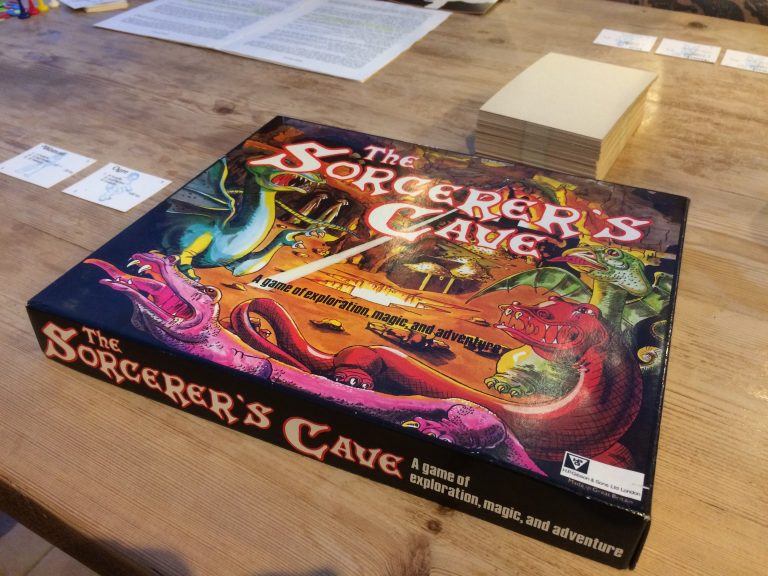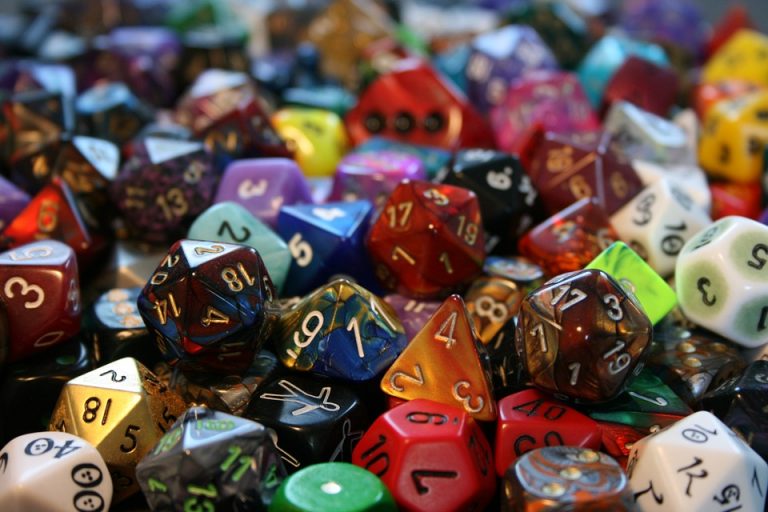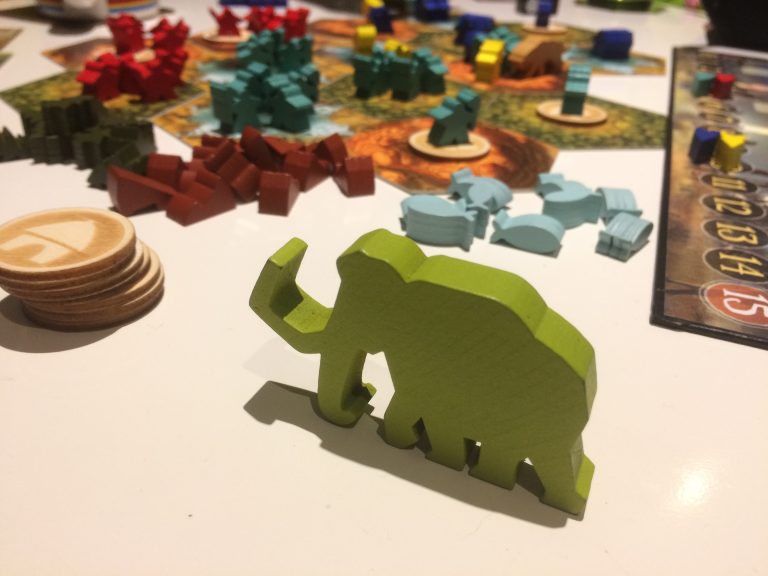Roll up your sleeves
Tabletop games can be quite expensive, so it makes sense to protect your investment and make sure game components last a long time. That way, when you have enjoyed your game for a while, you can easily resell it in mint condition, recouping close to the original purchase price, which you can then re-invest in a new game.


